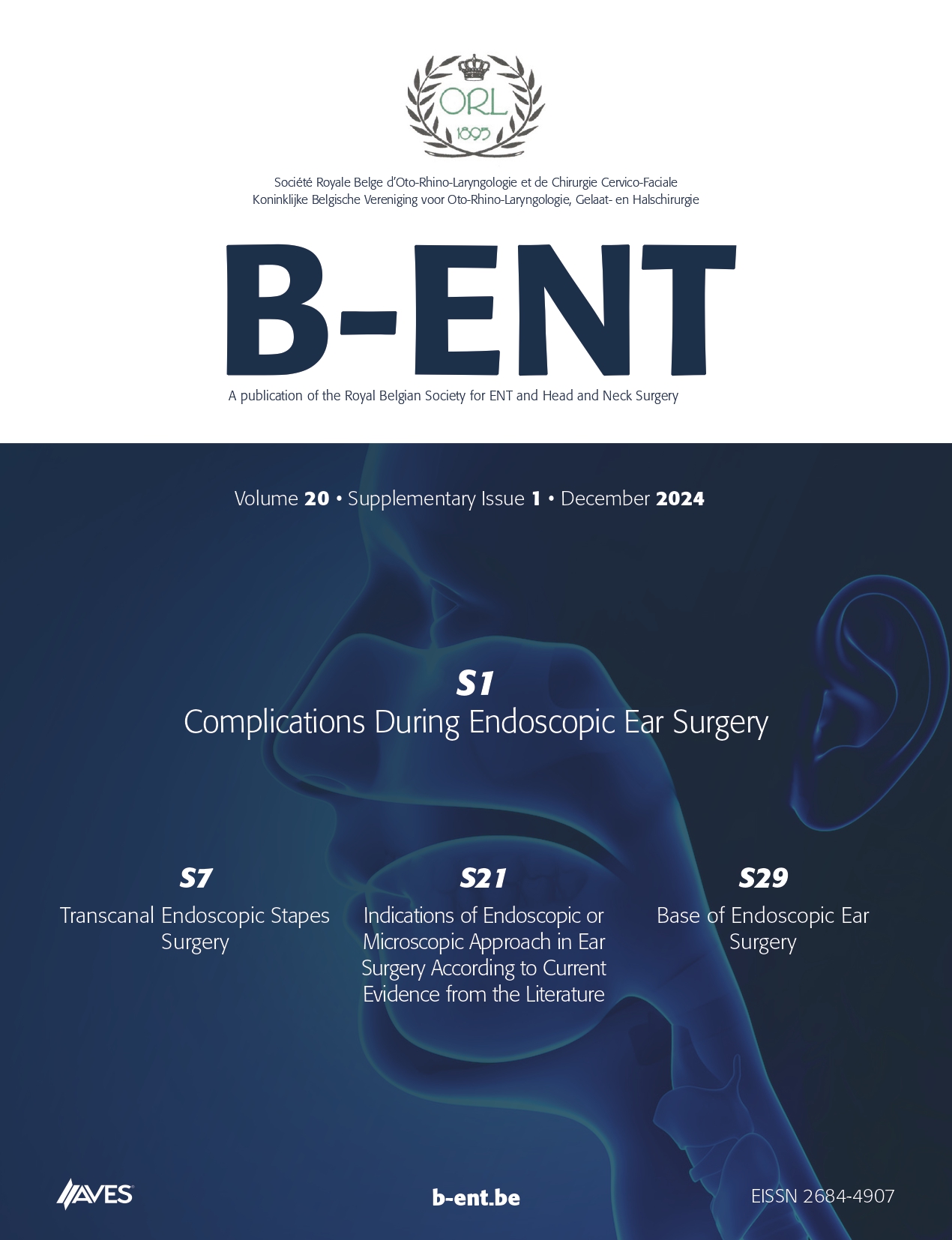Appraisal of the peri-hospital management and evolving microbiology of peritonsillar abscess disease. Objectives: Peritonsillar abscess (PTA) is a common complication of tonsillitis,1 yet there is limited consensus regarding its management and epidemiology. Current issues include pre-hospital care provided by general practitioners (GP) in the community (ii) the lack of standardized protocols for in-patient management and (iii) the role of routine microbiology studies in patients with PTA. We performed a retrospective review of confirmed cases of PTA presenting to a west of Ireland tertiary referral center to evaluate the peri-hospital management and role of microbiology studies in such cases.
Methodology: Retrospective chart review of 200 confirmed cases of peritonsillar abscess
Results: The annual incidence of PTA in the west of Ireland population was 14/100,000. Pre-hospital treatment given by Primary Care Physicians (PCP) was often deficient with 84 (42%) patients receiving no treatment prior to hospital referral. Needle aspiration was the most common technique used to drain the PTA 142 (71%). Anaerobes were isolated in 54 (27%) of cases demonstrating an increasing importance of these bacteria in PTA disease. Metronidazole with either benzylpenicillin 72 (36%), or co-amoxiclav 82 (41%), was the most common empiric antibiotics used. Successful treatment of all cases of PTA with the use of empiric antibiotics was achieved before results arising from microbiology became available.
Conclusion: The epidemiology of PTA is not well described. We have described the epidemiology for PTA disease in the west of Ireland population for the first time. Needle aspiration was the most common drainage technique used. Empiric antibiotic treatment based on clinical response is advised with antibiotics effective against aerobic and anaerobic bacteria recommended.



.png)
